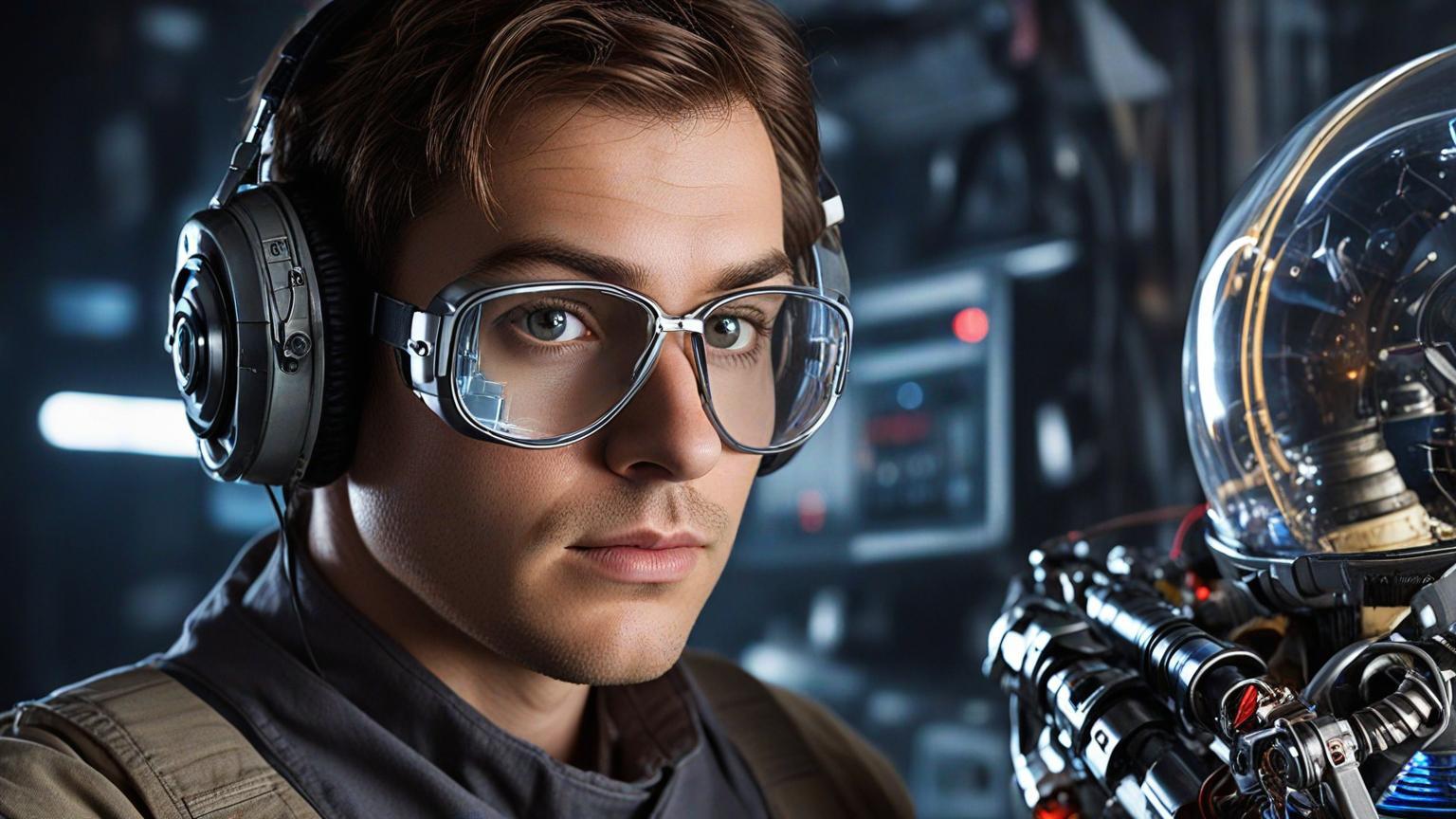The allure of science fiction in film has been an enduring one, drawing audiences into worlds beyond our wildest imaginations. Over the decades, sci-fi films have evolved significantly, reflecting changes in society, technology, and storytelling techniques. Let's explore this fascinating evolution, from the contemplative narratives of the past to the visually stunning blockbusters of today.
In the earlier days of cinema, science fiction was often seen as a niche genre, appealing primarily to those with a penchant for the fantastical and the futuristic. Films like "Metropolis" (1927) and "The Day the Earth Stood Still" (1951) set the foundations for sci-fi in cinema, blending social commentary with imaginative plotlines. These films carried profound messages, subtly critiquing aspects of contemporary society while captivating audiences with futuristic imagery.
As the years progressed, the 1960s and 1970s saw a significant shift in how science fiction was portrayed. Directors like Stanley Kubrick and Ridley Scott revolutionized the genre, respectively, with the cerebral "2001: A Space Odyssey" (1968) and the gritty yet mesmerizing "Alien" (1979). These films delved deep into existential questions, pushing the boundaries of storytelling and visual effects. Kubrick’s opus was not just a sci-fi film but a philosophical treatise that left audiences questioning humanity's place in the universe.
The 1980s and 1990s brought about a period of increased commercialization in the genre, driven by advances in technology and special effects. This era popularized the sci-fi blockbuster, led by iconic films such as "Star Wars," which not only broke box office records but also redefined how stories could be told on the big screen. George Lucas and Steven Spielberg became household names, their work symbolizing the merging of technical prowess with narrative depth.
In recent years, science fiction film has continued to thrive, largely driven by the rapid advances in CGI and motion capture technologies. Directors like Christopher Nolan have taken the genre to new heights, combining intricate storytelling with breathtaking visuals in films like "Interstellar". Meanwhile, the rise of streaming platforms has allowed for a wider range of sci-fi stories to be told, from grand epics to more intimate, character-driven pieces.
Beyond the technical advancements, modern sci-fi films have carved a niche by addressing contemporary issues. Themes such as artificial intelligence, climate change, and societal dystopias are now prevalent in films like "Ex Machina" and "Snowpiercer," challenging audiences to reflect on the present and consider the potential consequences of our actions on the future.
Interestingly, there is a resurgence of interest in retro sci-fi films as well, with projects that pay homage to the classics of the past while forging new narratives. This blend of nostalgia with modern storytelling has proven to be a potent mix, captivating both long-time fans of the genre and newcomers alike.
In conclusion, science fiction in film has never been more dynamic or innovative. From its humble beginnings to its current role as a major force in the entertainment industry, the genre continues to push boundaries and encourage audiences to dream beyond the stars. As technology and society continue to evolve, so will the storytelling possibilities of sci-fi films, ensuring their place in the cinematic landscape for years to come.
Exploring the Past and Future: A Deep Dive into Sci-Fi's Evolution in Cinema

